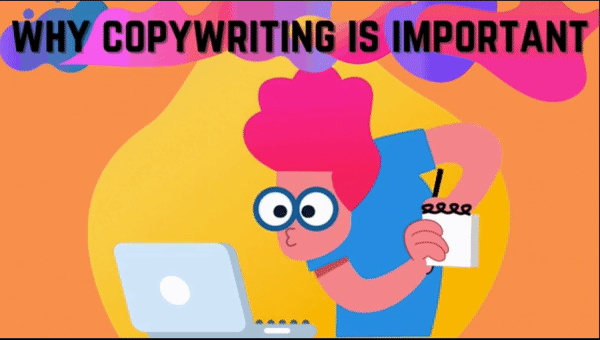Google is planning to shake the table again – with the help of AI.
In the brand new limitless world of machine learning capabilities, Google is now upping the ante and giving their search engine a makeover – while continuing to push the envelope in other areas of our daily tech-infused lives as well.
Initially put on the back burner nearly a decade before, Google is revamping a project that makes using their search engine a little more personal.
Bestowed the name Project Magi, Google aims to stay ahead of its competitors – specifically ChatGPT and it’s newfound partnership with Microsoft’s Bing Search Engine which has integrated itself with ChatGPT’s AI functionality to answer search queries that are specifically tailored to individual users.
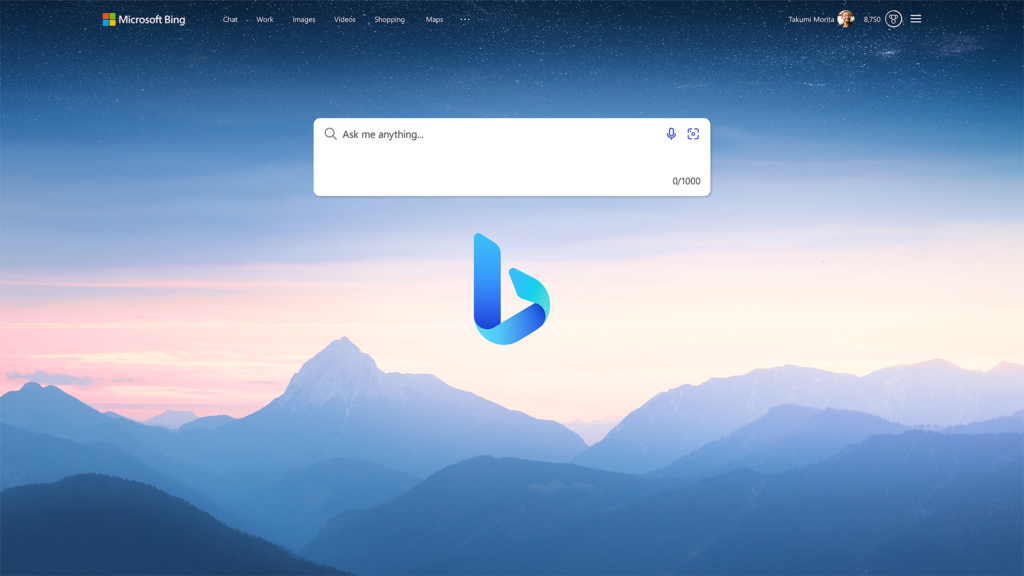
Introduced as an attempt to one-up their main competitor on February 2023, the rollout of the new Bing with Open AI’s GPT-4 elements made waves instantaneously, with sign-ups of a million within 48 hours.
The intrigue of the search engine’s revamp lies in its ease and practicality. While ChatGPT has proven itself to be useful and convenient in a myriad of situations, from school assignments, blogs, resumes, and the like, its ability to learn off the cuff seems rather limited; with the cut-off point of its seemingly extensive knowledge lingering in purgatory – specifically 2021.
On the other hand, search engines are constantly updated with new information every day. Microsoft decided to pounce on the opportunity to provide a direct, personalized, and conversational experience with their search engine and browser.
Need to build an itinerary on the whim? Craft a new recipe from scratch instead of link-hopping? Shoot the breeze to skim some relevant info just like you would do on ChatGPT? Generate images from text like Midjourney? That can all be done on Bing or the Edge browser.
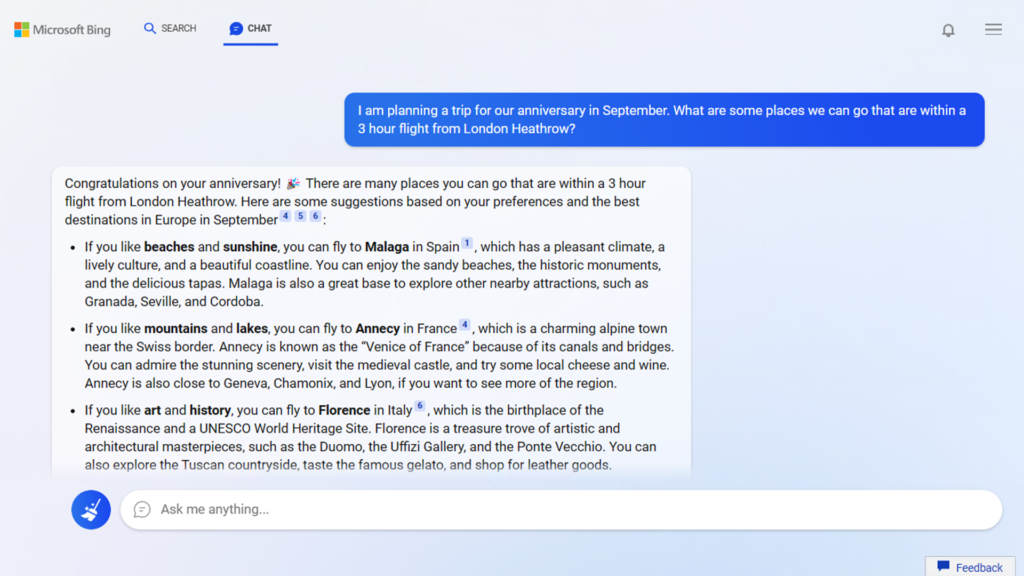
Google, which trumps its adversaries in the search engine market share has revved up its gears since the emergence of ChatGPT in November 2022, urgently materializing solutions to swerve around a “Code Red” – or bleak future as reported by the New York Times.

In response, the team that specializes in Machine Learning and Artificial Intelligence created “Bard”. There’s a significant difference between the two programs. Unlike it’s predecessor, Bard constantly updates its database with recent and relevant information.
Bard has been met with quite a bit of petty comparisons between its competitors, such as the alleged inability to provide detailed recipes, provide comprehensive coverage of current events and controversial events, and the pettiest of them all: the supposed lack of poetic prowess.
Naturally, my curiosity got the better of me, I started tinkering with Bard nearly a month after its release, and my experience was generally positive with a few hiccups. Whatever I typed into the prompt was met with sufficient answers on a variety of subjects including the aforementioned, workout routines, and itineraries. From a constructive standpoint – and I’m aware Bard’s still in its infancy stages – it could work on more comprehensive answers and provide them in a more colloquial tone.
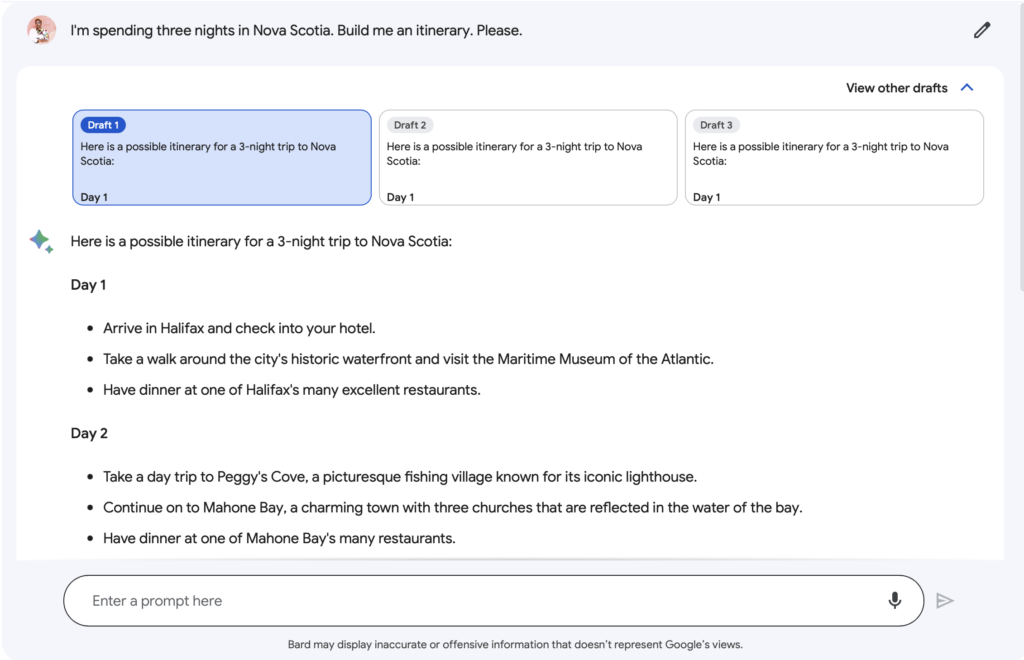
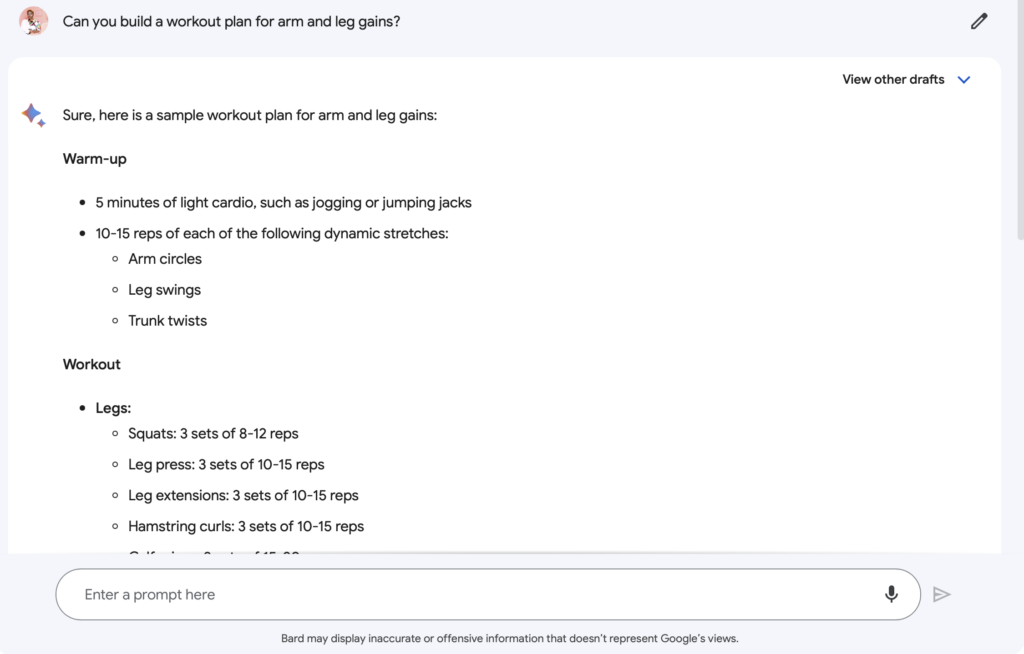
In a diligent effort to blow its competition out of the waters, retain its over 90% market share in the industry, AND completely redefine the search engine landscape after nearly a quarter century, Google has recruited a team of 160 designers and engineers to work around the clock and kickstart this new project.
So what’s on the agenda for Project Magi?
To develop a completely AI-powered search engine and introduce it to phones and homes worldwide. Building upon Bard’s capabilities, Project Magi will revolutionalize the search engine experience by adding a new interface that provides answers to queries in a conversational tone. Sifting through irrelevant search results will likely no longer be necessary since they will be specifically tailored to your tastes and preferences.
The ambitious project also has the potential to disrupt the social commerce scene. Efficient e-commerce requires cutting out the fluff, making the checkout process smooth sailing. Project Magi will cut out the middle man, allowing you to complete transactions such as buying articles of clothing or booking flights on search ads that are influenced by your search history, purchasing habits, and other relevant data. This allows Google to preserve and likely increase its revenue stream.
Project Magi may very well be a coder’s new best friend. Project Magi’s interface will incorporate Bard’s recently implemented coding capabilities inspired by ChatGPT. Still in its experimental phase and working out any existing kinks, users can request various codes to be written in over 20 programming languages including Python, Javascript, C++, Typescript, etc. Users can even ask Bard/Magi to debug fault codes.
Google has several more tricks up it’s sleeve. New elements will be introduced to Google while existing elements of its search engine will be upgraded.
Google Earth
Google Earth is already revolutionary in its own right and Google Earth will now use AI to help users develop a better understanding of the world around them.
Discovering Music Through Chatbot
Who doesn’t like to chat about music? This new feature will allow users to find that new catchy ear-worm inducing tune through natural language. This conversational approach will supposedly make searching for music easier.
Google Images & Gi-Fi Technology
Remember when we briefly mentioned that Google was working on it’s own AI text-to-image prompt? Well, that concept has realized its full potential and now users can generate images they’re simultaneously looking for on Google Images.
Tivoli Tutors
It is said that a new language is best learned in conversational settings and Google will allow you to do just that without the risk of embarrassing yourself in front of a native or proficient speaker.

And Finally

Blankly staring at your screen while contemplating the first draft of a business-related email or document will now be a thing of the past because AI is also finding a new home in Google’s Workspace. Workspace consists of several productivity apps including, Gmail, Drive, Docs, Slides, and more.
Tasks are streamline with auto-completed drafts for Gmail and Google Docs while auto-generated photos, videos, AND audio adds a little pizzaz to presentations in slides. Also, raw data is now translated to analytical insights on Google Sheets.
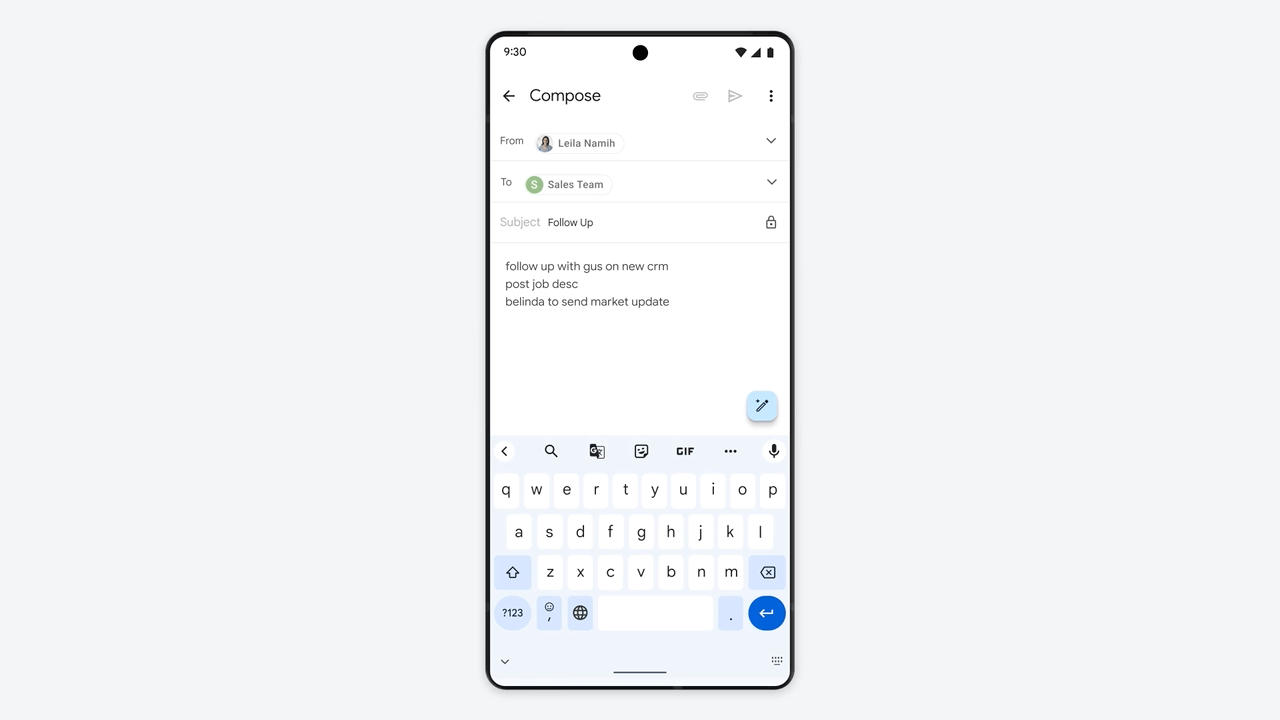
To Wrap Things Up
Project Magi is speculated to be released on May 2023 and will likely debut at Google’s annual i/O developer’s conference. This renovation is likely to be a monumental feat since Google is committed to innovation and this endeavor will improve several different facets of our lives. With its personalized results, constantly developing conversational interface, and ability to complete transactions in an unorthodox manner, Project Magi is poised to become the world’s go-to search engine for users. As AI continues to develop, it is likely that we will see even more innovative and groundbreaking features from Google and other search engines in the years to come.



